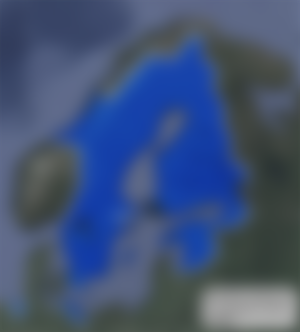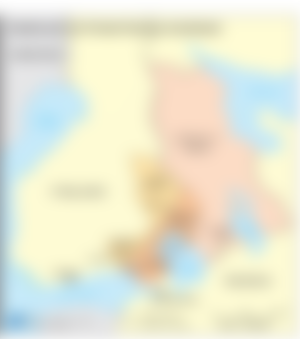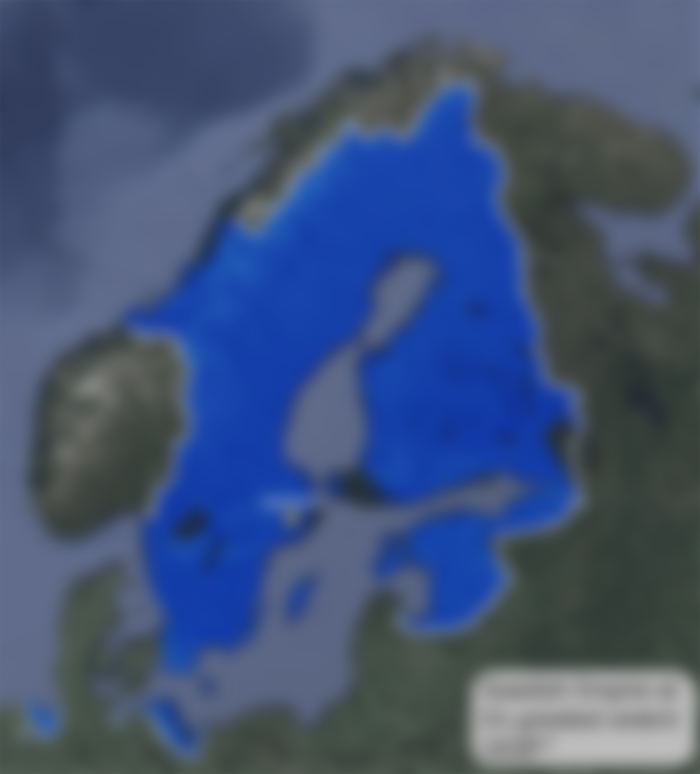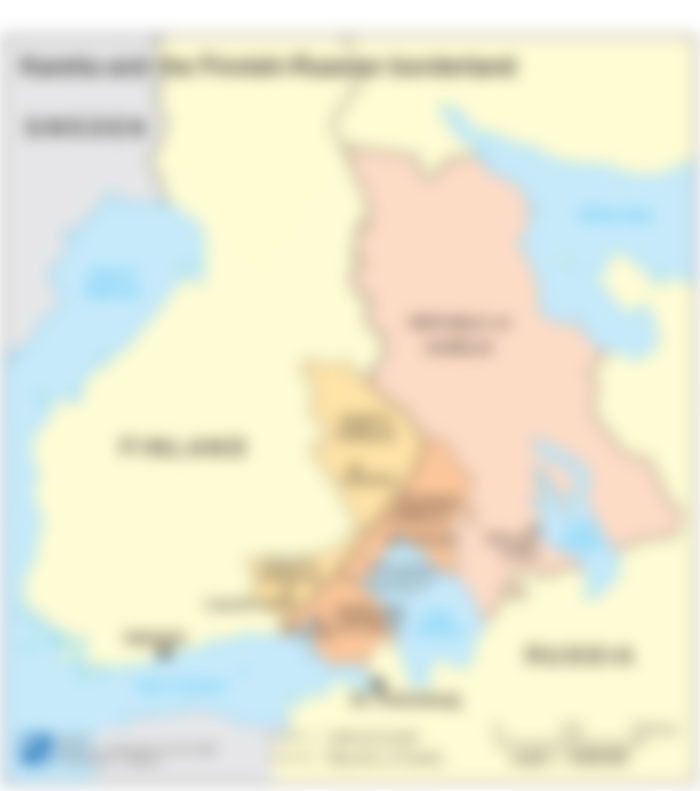Russia's invasion of Ukraine pushes Sweden and Finland to join NATO

Recently, Finland and Sweden have shown a renewed interest in joining the North Atlantic Treaty Organization, or NATO for short. Given that, let’s talk for a moment about a major problem that comes along with this type of alliance in the context of NATO’s larger history. The North Atlantic Treaty Organization was born during the Cold War as a way for the Western countries to counter against the Soviet Union. The United States, Canada, Belgium, Denmark, France, Iceland, Italy, Luxembourg, the Netherlands, Norway, Portugal, and the United Kingdom were its original members. During the Cold War, it also added Greece, Turkey, West Germany, and Spain to its ranks.

Eventually, the Soviet Union fell apart, but NATO didn’t. First, unified Germany became a member. In 1999, the Czech Republic, Hungary and Poland joined them. In 2004, Bulgaria, Estonia, Latvia, Lithuania, Romania, Slovakia, and Slovenia did as well. After that, it was Albania and Croatia in 2009, Montenegro in 2017, and North Macedonia in 2020. This takes us to today. With NATO creeping east, one of the main reasons Russia says it invaded Ukraine was to prevent the government in Kyiv from also joining. Ironically, this has triggered Sweden and Finland to move closer to NATO membership, with the first steps coming perhaps as early as the NATO summit in June in Madrid. The reasons why a country might want to join NATO are obvious. It is the strongest alliance in the history of mankind, and it’s not even close. Full membership allows the states to better coordinate their military and materiel construction, which makes them even stronger. The better question is why haven’t Sweden and Finland joined before?

For Sweden, part of the answer is its diplomatic history. Sweden used to be a much larger country. Then it lost the territory of what is now the country of Finland in an 1808 war with Russia. It was such a disaster that King Gustav IV was no longer the king by the end of the war. For the next 200 years, Sweden adopted a position of neutrality and largely sat out the major wars that followed. So when NATO squared off against the Soviet Union’s Warsaw Pact, Sweden sat on the sidelines. Only recently has Sweden become interested in developing its military relationship, entering a self-defense agreement with the European Union in 2009. Regardless of that historical legacy, Finland, Sweden, and NATO face the same problems that any alliance must overcome. Perhaps the hardest is something known as entrapment.
Imagine for a moment that Finland was on its own. No NATO. Perhaps one day it might reconsider the territorial division of Karelia, which it lost to Russia during the Continuation War, one of the theatres of World War II. Broadly, Finland has two options. First, it can maintain the status quo. Second, it can challenge Russia over part of the territory. If Finland challenges, Russia has two options in response. First, it can surrender and let Finland take over. Second, it can fight a war to try to maintain control instead. Their struggles in Ukraine aside, Russia’s military is much larger than Finland’s. As such, one would imagine that Russia’s response to a challenge would be war. Thus, Finland’s true choice is between maintaining the status quo and initiating a challenge that ultimately leads to war. Given the large military imbalance, it is reasonable to think that Finland would back down.

lost finish lands
Now imagine that Finland joins NATO. Correspondingly, Finland becomes substantially more powerful. As such, Russia might have to revisit its decision. It could be that Russia now prefers giving up Karelia to engaging in the broad war over it. Now Finland can challenge and obtain its best outcome. The rest of NATO is very happy with this because Finland’s NATO membership resulted in a worse outcome for Russia. This, in short, is one of the main reasons why you would want to create an alliance. But it’s also not a foregone conclusion that Russia would give up on Karelia even when staring down NATO. The military balance may be unfavorable, but not awful. And thus Russia will choose war instead. This is a problem for NATO, which may find the status quo more attractive than war.
However, Finland no longer fully internalizes all of the risks and costs that come with war. As such, Finland might still act aggressively, which forces NATO to deal with the consequences. In a word, Finland has entrapped NATO. And if NATO is worried that might happen, it would not have Finland join the alliance. So far, we have made it seem like Finland (or Sweden) is the potential bad actor in an alliance. However, the problem can go both ways. The key difference is that Finland and Sweden’s military contribution will be relatively small compared to the rest of the alliance. Escalation will become a little more attractive for other NATO countries, but rarely will it be pivotal. Instead, Finland and Sweden can focus more on the benefits that come along with membership. And Russia’s invasion of Ukraine makes national defense a greater priority, which is a major reason for the timing of Finland and Sweden’s push toward NATO.

Alliances can do something about the entrapment problem. Indeed, this is the main reason why Article 5 of the North Atlantic Treaty is written the way it is. It states that "The Parties agree that an armed attack against one or more of them in Europe or North America shall be considered an attack against them all."” This is why NATO is described as a defensive alliance. It’s not meant to help a country when they provoke a war against one of their rivals. While the defensive alliances solve the entrapment problem to some degree, they aren’t perfect. It can be difficult to assign blame to those who instigated a war. This is why the rest of Article 5 requires that the parties “agree that, if such an armed attack occurs, each of them will assist the Party or Parties so attacked.” In other words, it’s up to NATO’s member states to discuss whether the alliance partner has been acting in good faith. And whether NATO, Sweden, and Finland trust each other enough in this regard will be a major determinant of what happens next with the alliance.





I also heard about that in the news. It's for safety and security measures though. Nice to meet you Cronos. Accept my sponsorship request please.